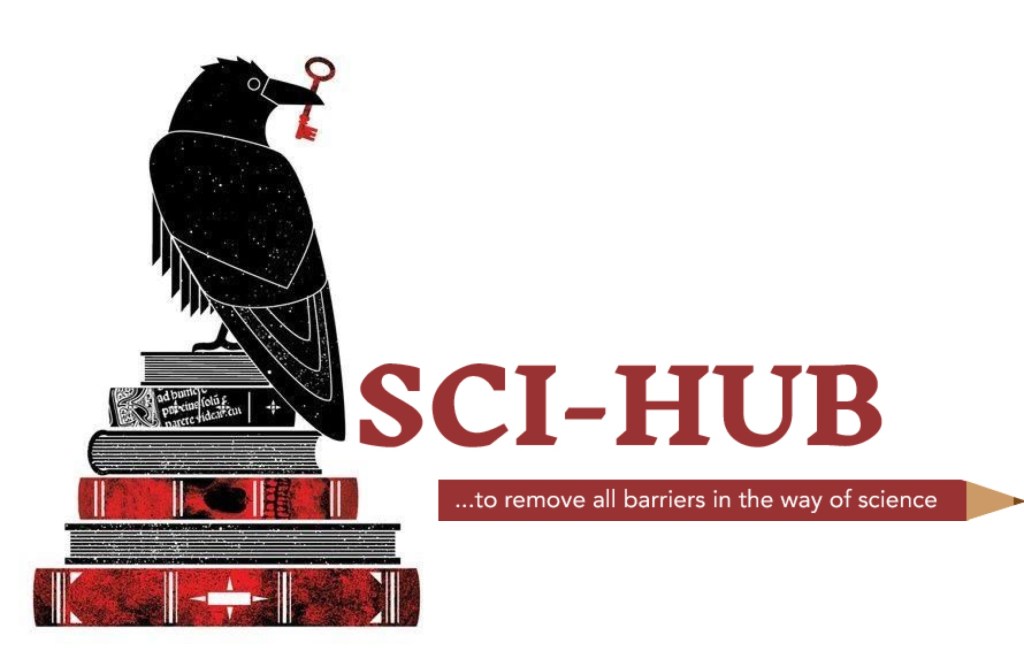In the vast landscape of academic research, Sci-Hub has emerged as a controversial and polarizing figure, challenging the traditional boundaries of access to scholarly information. Launched in 2011 by Alexandra Elbakyan, a Kazakhstan-based neuroscientist, Sci-Hub was envisioned as a revolutionary tool to democratize knowledge by providing free and unrestricted access to scientific papers. However, its methods and the ensuing legal battles have ignited a fierce debate within the academic community and beyond.
Sci-Hub operates by bypassing paywalls and providing users with direct access to research papers that are often hidden behind subscription fees or institutional access requirements. This has made it a go-to resource for students, researchers, and enthusiasts seeking information without the financial barriers that can limit access to academic knowledge. The platform claims to have an extensive database with millions of scientific articles, making it an invaluable resource for those without institutional affiliations or in economically disadvantaged regions.

On one hand, sci-hub links has been hailed as a champion of open access and an advocate for the free dissemination of knowledge. Supporters argue that the traditional publishing model, dominated by a few major publishers, creates an economic barrier that impedes the progress of science. Sci-Hub, they contend, levels the playing field by ensuring that anyone, regardless of financial means, can access the latest research findings. In this way, it is seen as a tool for promoting global collaboration and accelerating scientific advancement.
However, the controversy surrounding Sci-Hub stems from the ethical and legal concerns raised by its methods. The platform acquires articles through methods that are deemed illegal by many publishers, as it essentially circumvents copyright protections. This has led to numerous legal battles, with major publishing companies seeking to shut down Sci-Hub and hold its operators accountable for copyright infringement.
Critics argue that while the goal of open access is commendable, Sci-Hub’s means of achieving it are unacceptable. They contend that publishers invest significant resources in the peer-review process, editing, and distribution of scientific papers, and subscription fees help sustain these operations. By providing free access to copyrighted content without compensating the publishers, Sci-Hub is accused of undermining the economic model that supports the publication of quality research.
Additionally, the legal battles surrounding Sci-Hub have raised questions about the broader implications for intellectual property rights and the sustainability of the academic publishing industry. Some argue that a balance must be struck between ensuring fair compensation for publishers and promoting open access to scientific knowledge. This has sparked discussions about alternative publishing models, such as open-access journals and preprint servers, as potential solutions to the challenges faced by the current system.
In conclusion, Sci-Hub links embody a complex and multifaceted issue at the intersection of open access, copyright infringement, and the economics of academic publishing. While Sci-Hub has undeniably played a role in challenging the status quo and advocating for increased accessibility to knowledge, the ethical and legal concerns it raises underscore the need for a broader conversation about the future of scholarly communication. As technology continues to evolve, so too must our approach to disseminating and sharing the fruits of academic research, with an emphasis on inclusivity, sustainability, and ethical considerations.